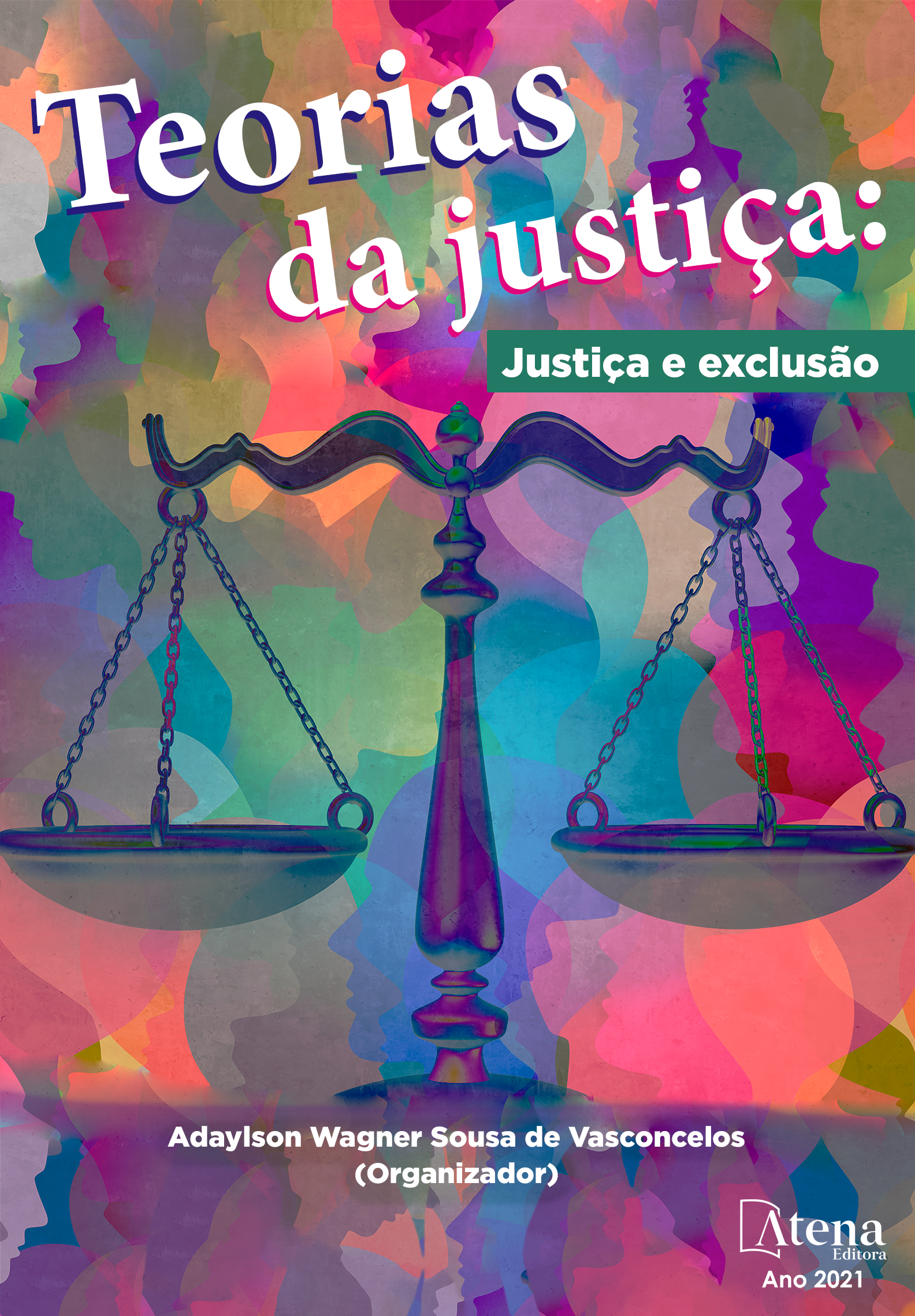
“NÃO TINHA TETO, NÃO TINHA NADA”: UM ESTUDO DE CASO SOBRE A BUROCRATIZAÇÃO DO DISCURSO DECISÓRIO COMO BARREIRA AO ACESSO À JUSTIÇA PARA A POPULAÇÃO EM SITUAÇÃO DE RUA EM PETROLINA/PE
Este artigo tem como objetivo investigar a (in)efetividade da aplicação dos direitos da população em situação de rua no âmbito do Poder Judiciário a partir de um estudo de caso. Para isso, foi realizada uma análise do discurso jurídico - em especial do discurso decisório - proferido no caso concreto de uma ação judicial em que figura como parte autora pessoa em situação de rua, com embasamento na perspectiva francesa da Análise do Discurso. Os resultados indicam que o discurso decisório analisado se revelou genérico e abstrato, com fundamentação inepta, de forma a violar princípios processuais constitucionais, como o princípio do devido processo legal. Buscou-se contribuir para a discussão sobre o acesso à justiça das pessoas em situação de rua, por meio da provocação de uma reflexão sobre como as relações de força manifestadas no processo judicial desencadeiam um regime tecnicista de produção da “verdade” processual em que o formalismo se apresenta não como um meio, mas como um fim em si mesmo, burocratizando o discurso decisório e funcionando como barreira ao acesso à justiça desse grupo social.
“NÃO TINHA TETO, NÃO TINHA NADA”: UM ESTUDO DE CASO SOBRE A BUROCRATIZAÇÃO DO DISCURSO DECISÓRIO COMO BARREIRA AO ACESSO À JUSTIÇA PARA A POPULAÇÃO EM SITUAÇÃO DE RUA EM PETROLINA/PE
-
DOI: 10.22533/at.ed.4952130089
-
Palavras-chave: População em Situação de Rua. Discurso Jurídico. Acesso à Justiça. Análise de Discurso.
-
Keywords: Population in a Street Situation. Juridical Discourse. Access to Justice. Discourse Analysis.
-
Abstract:
This article aims to investigate the (non)effectivity of the application of the population in a street situation’s rights in the context of the Judiciary Branch from a case study. For this purpose, it has been done a juridical discourse analysis – in particular a judicial decision discourse analysis – delivered in a specific case in a lawsuit in which figure as plaintiff a person in a street situation, based on the french perspective of the Discourse Analysis. The results indicate that the judicial decision turned out to be a general and abstract discourse, with a inept statement of reasons, in order to violate procedural constitutional principles, such as the principle of the due process of law. It pursued to contribute to the discussion about the access to justice of the people in a street situation, through the provocation of a reflection about how the strenght relations showed in the judicial proceeding unleash a technicist regime of production of the procedural “truth” since the legal formalism appears not as a midle, but as an end in itself, causing a bureaucratisation of the judicial decision dicourse and working as a barrier to the access to justice of this social group.
-
Número de páginas: 18
- Géssika Priscilla Castro Rodrigues


